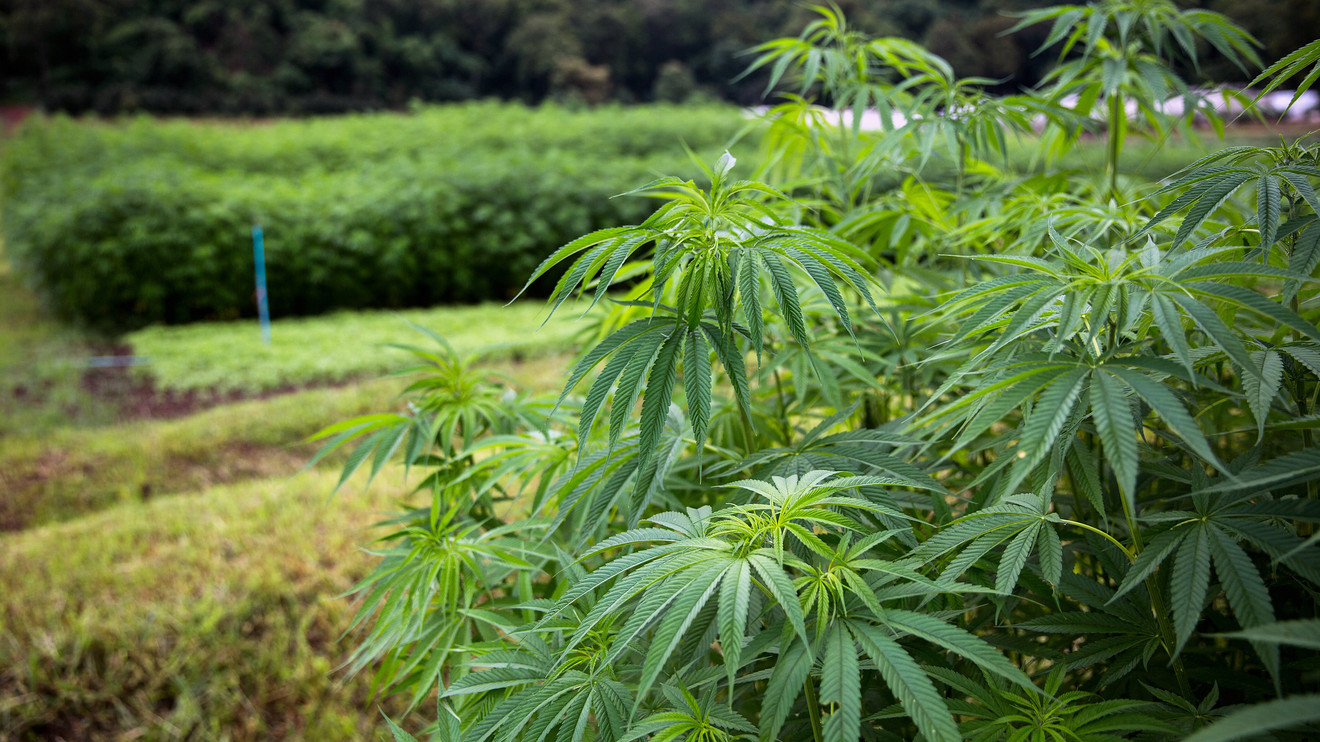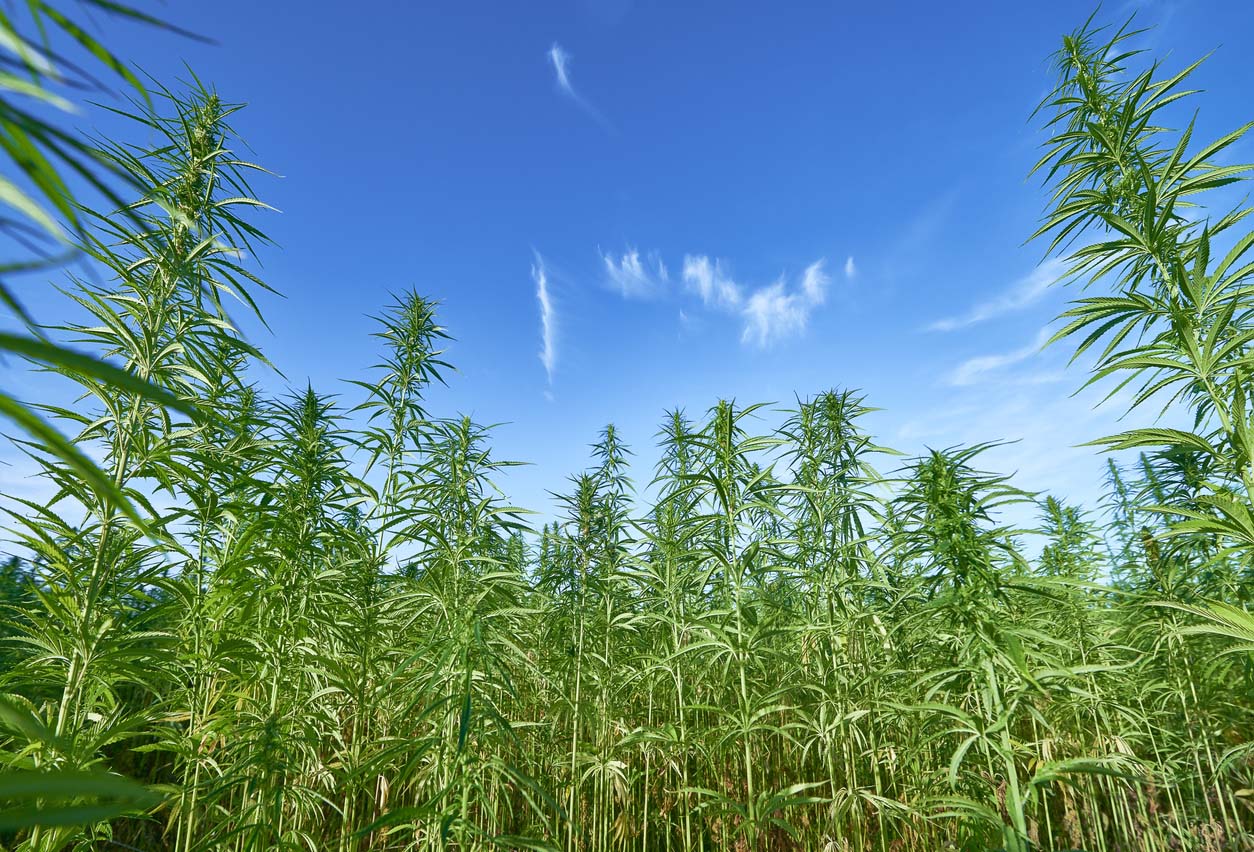
Benefits of Hemp for Sustainable Development
Hemp is a versatile crop that has been underutilized for decades due to its association with its psychoactive cousin, marijuana. However, recent research shows that hemp has numerous benefits for sustainable development. Hemp is a natural carbon sink, drought-resistant, and requires minimal use of pesticides and fertilizers. Moreover, hemp has a wide range of applications, including textiles, paper, building materials, biofuels, and food. In this article, we will explore the benefits of hemp and its potential to promote ecological growth.
Hemp Industries and Applications: An Overview
Hemp has a long history of use, dating back to ancient times. The plant has been used for textiles, paper, and medicine for centuries. However, the use of hemp declined in the 20th century due to its association with marijuana, which was criminalized in many countries. In recent years, the legalization of hemp in many countries has led to a resurgence of interest in the plant, and hemp industries are emerging around the world.
Textile production is one of the most significant applications of hemp. Hemp fibers are stronger and more durable than cotton or linen fibers, making them ideal for clothing, rugs, and other textiles. Hemp can also be used to make paper. Hemp paper is more durable and sustainable than traditional paper made from wood pulp, which requires a large amount of energy and water to produce.
Hemp is also an excellent source of biofuels. Hemp seeds can be pressed to extract oil, which can be used to make biodiesel. Biodiesel made from hemp is more sustainable than traditional diesel made from fossil fuels, as it produces fewer emissions and is biodegradable. Hemp can also be used to produce ethanol, which is a clean-burning fuel that can be used in vehicles.
In addition to its industrial applications, hemp is also a nutritious food source. Hemp seeds are rich in protein, fiber, and essential fatty acids. Hemp seeds can be eaten raw, roasted, or ground into a powder to make hemp milk or protein powder. Hemp oil can also be used in cooking and as a salad dressing.
Hemp Nation: A Promising Future for Ecological Growth
Hemp has the potential to revolutionize sustainable development. By growing more hemp, we can reduce our dependence on fossil fuels and promote ecological growth. Hemp is a natural carbon sink, which means it absorbs more carbon than it emits. By planting more hemp, we can reduce the amount of carbon in the atmosphere, which is one of the leading causes of climate change.
Moreover, hemp is a low-maintenance crop that requires minimal use of pesticides and fertilizers. The use of pesticides and fertilizers in agriculture is a significant contributor to environmental pollution, as these chemicals can contaminate waterways and harm wildlife. By growing hemp, we can reduce our reliance on these harmful chemicals and promote sustainable farming practices.
Furthermore, the growth of hemp industries can create new jobs and stimulate economic growth in rural areas. Hemp is a versatile crop that can be grown in a wide range of climates and conditions, making it an excellent choice for farmers looking to diversify their crops. The production of hemp-based products can also create new markets and opportunities for entrepreneurs.
In conclusion, hemp is a promising crop that has the potential to promote sustainable development and ecological growth. Hemp industries are emerging around the world, and the growth of these industries can create new jobs, reduce our dependence on fossil fuels, and promote sustainable farming practices. As we continue to explore the benefits of hemp, we can unlock its full potential and create a more sustainable future for all.
Hemp may have been overlooked in the past, but the potential it holds for sustainable development and ecological growth cannot be ignored. We must work towards creating a Hemp Nation that promotes a cleaner, greener, and more sustainable planet. By investing in hemp industries and encouraging its growth, we can create a brighter future for generations to come.


